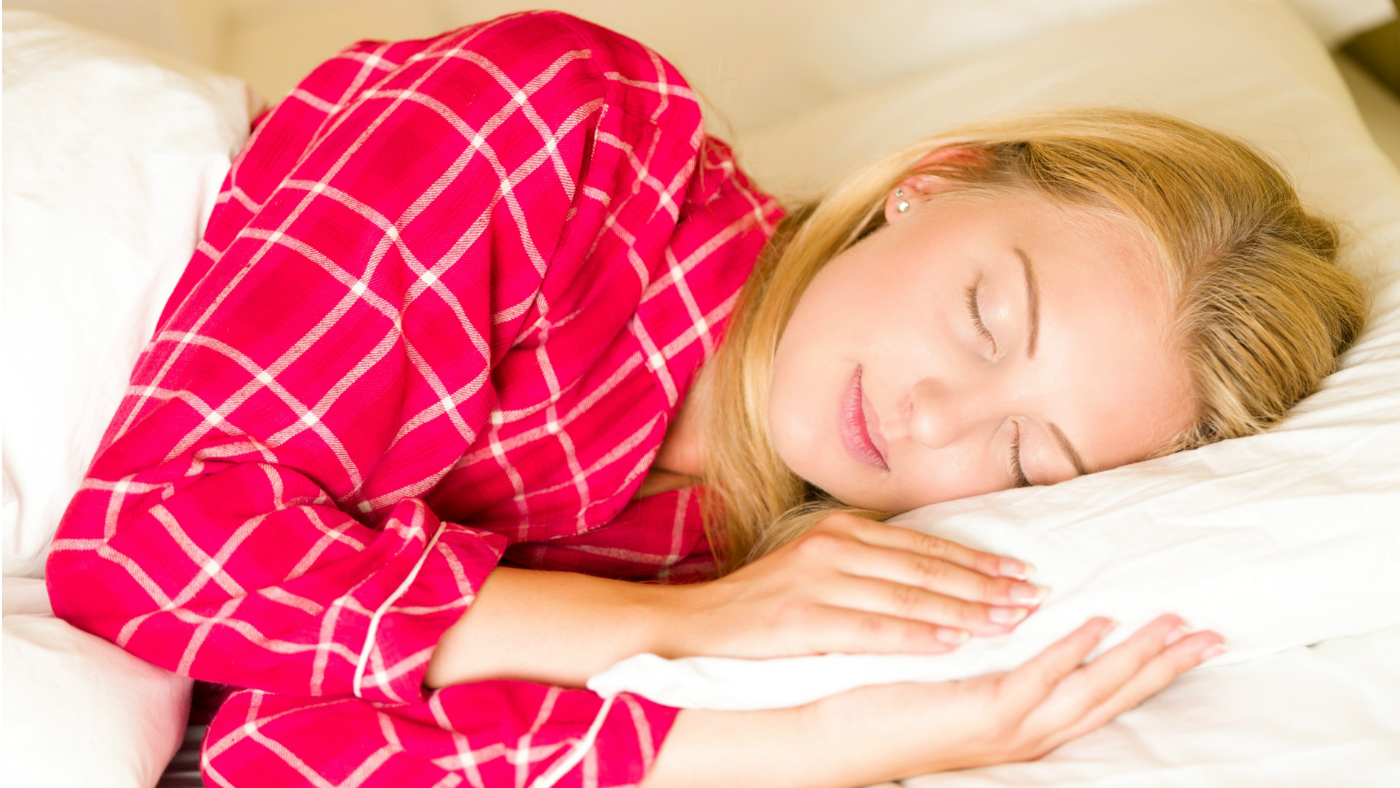Six common sleep myths debunked
Scientists find that many maxims about what makes a good night’s sleep do more harm than good

A free daily email with the biggest news stories of the day – and the best features from TheWeek.com
You are now subscribed
Your newsletter sign-up was successful
Some of the most widespread misconceptions about healthy sleeping habits pose a serious threat to human health, research has revealed.
A team of sleep experts at New York University (NYU) compiled a comprehensive list of the the most frequently repeated “facts” about what constitutes a good night’s sleep circulated in the media and online.
The BBC reports that the team then matched the claims to the best scientific evidence, publishing their findings in the journal Sleep Health.
The Week
Escape your echo chamber. Get the facts behind the news, plus analysis from multiple perspectives.

Sign up for The Week's Free Newsletters
From our morning news briefing to a weekly Good News Newsletter, get the best of The Week delivered directly to your inbox.
From our morning news briefing to a weekly Good News Newsletter, get the best of The Week delivered directly to your inbox.
They found that some myths about sleeping are not only promoting poor sleep habits, but also risk spreading misinformation that could be damaging our health and happiness.
Study leader Dr Rebecca Robbins, an epidemiologist at the NYU School of Medicine, said that it was important to correct harmful misconceptions. “Sleep is a vital part of life that affects our productivity, mood and general health and well-being.
“Dispelling myths about sleep promotes healthier sleep habits which, in turn, promote overall better health,” she said.
Here are some of the most common sleep myths:
A free daily email with the biggest news stories of the day – and the best features from TheWeek.com
Five hours will do
Despite the prevalance of the myth that adults can function fully on just five hours or fewer – with Margaret Thatcher, Winston Churchill and Thomas Edison commonly cited as examples – researchers warn that it is actually one of the most potentially harmful of all the theories studied.
“We have extensive evidence to show sleeping five hours or less consistently, increases your risk greatly for adverse health consequences,” Robbins said. These include an increased risk of cardiovascular diseases and shorter life expectancy.
Instead, she recommends everyone should aim for a consistent seven to eight hours of sleep a night.
A drink will help you get a good night’s sleep
The study found that despite the theory that a “nightcap before bed will help you fall asleep and stay asleep”, NBC says, drinking alcoholic beverages before bed is actually linked to low-quality sleep.
Empirical evidence shows that alcohol actually reduces the body’s ability to achieve deep sleep, which people need to function properly.
Lie awake and count sheep
Another common myth is that if you are struggling to fall asleep, lying in bed with your eyes closed and “trying” to fall asleep will eventually produce the desired outcome. Not so.
“If we stay in bed, we’ll start to associate the bed with insomnia,” Robbins says, comparing this as “going to the gym and standing on a treadmill and not doing anything”.
If 15 minutes pass and you’re not getting anywhere, get out of bed and do something “mindless” like “folding socks”, Robbins adds.
Dozing off in front of the TV
The Sun says that “many of us will switch on the television to help us nod off”, but researchers found that it actually could “cause you more stress just before bed”.
Robbins says that “often if we’re watching the television it’s the nightly news… it’s something that’s going to cause you insomnia or stress right before bed when we’re trying to power down and relax”.
Snoring is just part of life
Although many believe that snoring is mostly harmless, it can also be a sign of sleep apnea, “a sleep disorder characterised by pauses in breathing or periods of shallow breathing during sleep”, ZME Science reports.
The research found that sleep apnea has been found to “increase the risk of driving accidents and work-related accidents”, and health problems including diabetes.
Hitting the snooze button will make you feel better
“Resist the temptation to snooze, because unfortunately, your body will go back to sleep – a very light, low-quality sleep,” Robbins said, busting the myth that snoozing is healthy.
CNN reports that as you near the end of your sleep, your body is “probably nearing the end of its last REM cycle”, meaning that if you use snooze, your brain “falls right back into a new REM cycle”.
“Now, when the alarm goes off a few minutes later, you’ll be in the middle, not the end, of that cycle, and you’ll wake up groggy and stay that way longer,” the news site reports.